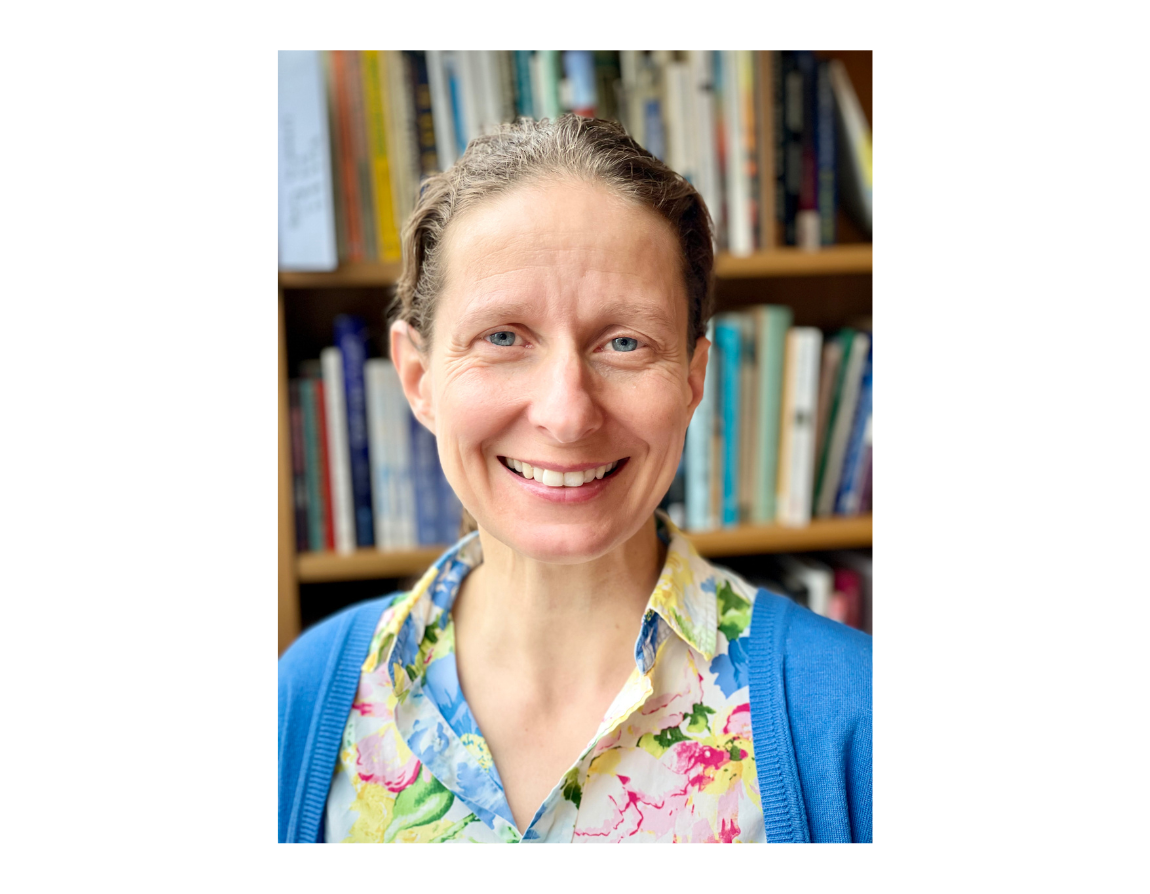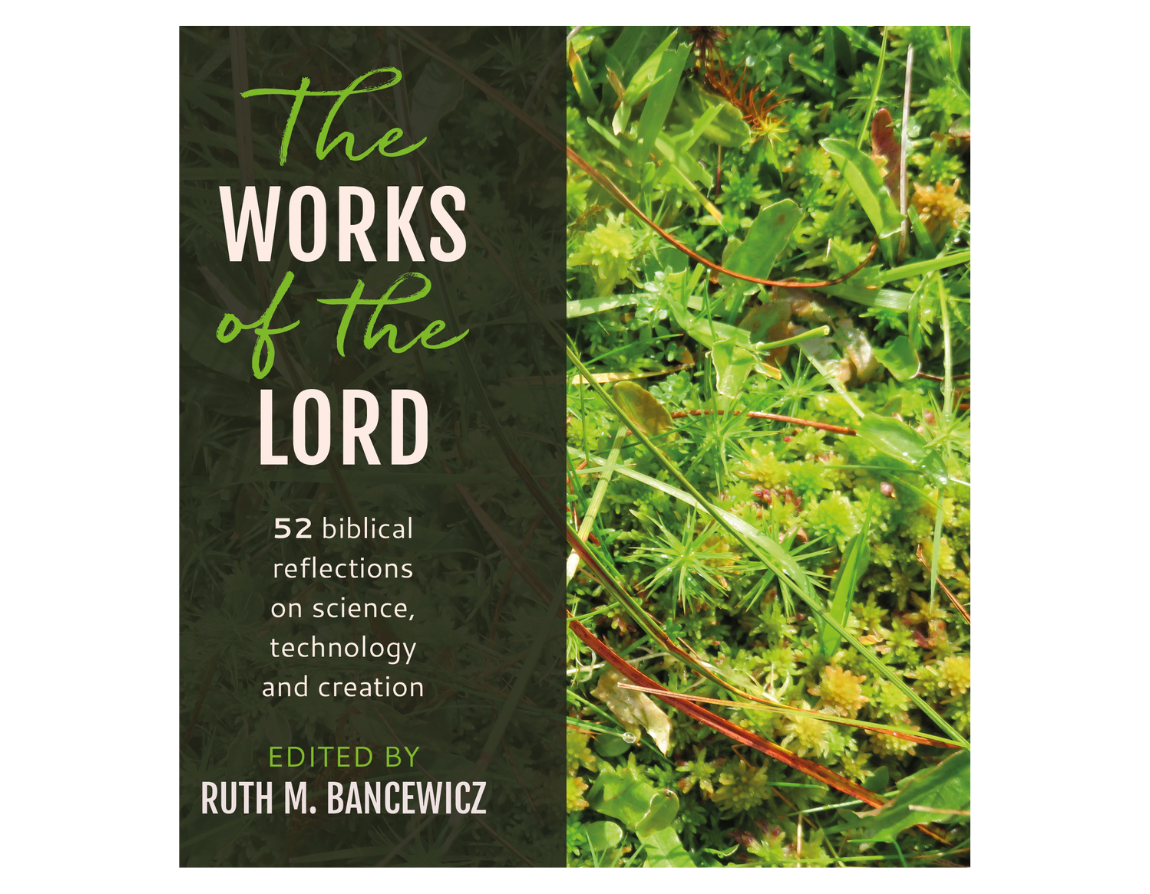Following last week’s extract, here are three further reflections on the subject of AI, taken from the recently published Works of the Lord, edited by Ruth M. Bancewicz.
30 March 2025
A crucial gap
In his endorsement of The Works of the Lord, Bishop Richard Cheetham – a member of the Anglican Communion Science Commission and fellow of the International Society for Science and Religion – says ‘this book fills a crucial gap by encouraging us to use all that science tells us about our world and universe to help us to worship and pray in a deeper and more informed way’.
He goes on to suggest that it will be a great help in engaging with the many major developments of our time, such as climate change and AI, in a more reflective and rounded way. Here are three more reflections from the book, offering a Christian response to AI.
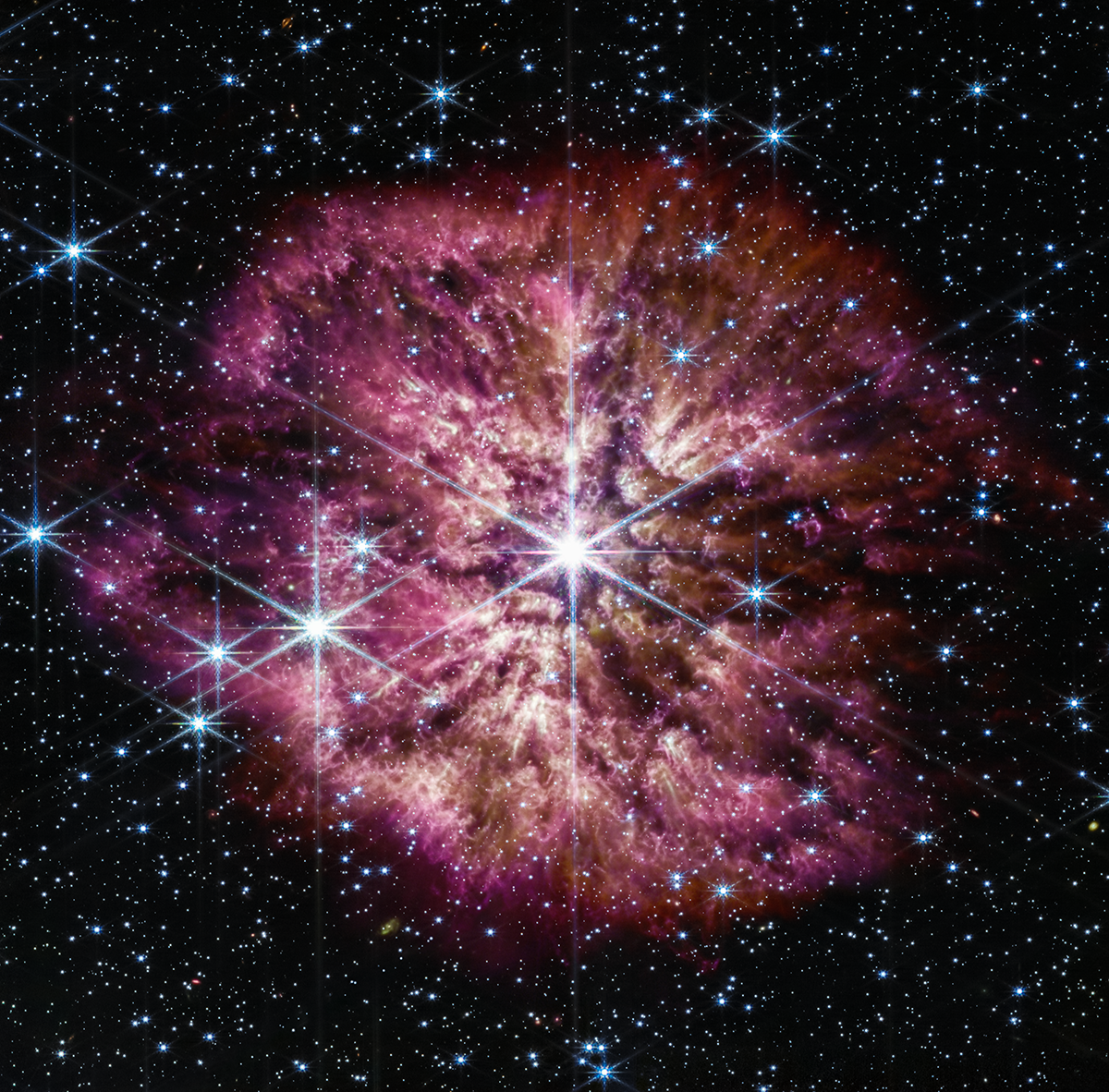
This book fills a crucial gap by encouraging us to use all that science tells us about our world and universe to help us to worship.
Photo: a Wolf-Rayet star, by James Webb space telescope © NASA, ESA, CSA, STScI, Webb ERO Production Team on Flickr licensed under CC BY 2.0 / cropped.
Begotten
John Wyatt, Neonatologist and Ethicist
When God created mankind, he made them in the likeness of God. He created them male and female and blessed them. And he named them ‘Mankind’ when they were created. When Adam had lived 130 years, he had a son in his own likeness, in his own image; and he named him Seth.
Genesis 5:1–3 (NIV)
The Bible teaches that human beings are created in God’s image. So some people have suggested that when we humans invent AI machines, we are somehow creating new beings in our own image. But our passage shows that Adam passes on the mysterious image and likeness of God, not in what he makes, but in the child that he fathers. The Hebrew word yalad, rendered by the NIV as ‘had a son’, is translated in the Authorised Version with the old English word ‘begot’. Just as the Son was ‘begotten not made’ (in the words of the Nicene Creed), so in biblical thinking the same applies to our biological children. They also are ‘begotten not made’. We pass on the image of God to the children we beget.
When we make something, it is a product of our will. It is different from us, and it is ours to control. But when we beget a child, this new and wonderful being is not a product of our will, but a gift from our nature. He or she is fundamentally the same as us, and, as every parent learns, we are not able to control and direct our children. We must set them free to be themselves.
So, however sophisticated and powerful AI machines may become, we must always remember that they are designed and produced by human beings; they are a product of human choices and intentions. Machines are not free to follow their own path. A healthy relationship with AI depends on understanding that humans define what AI means and what role it should play in society.
When used with wisdom, AI can help us to flourish, but it can never replace us.
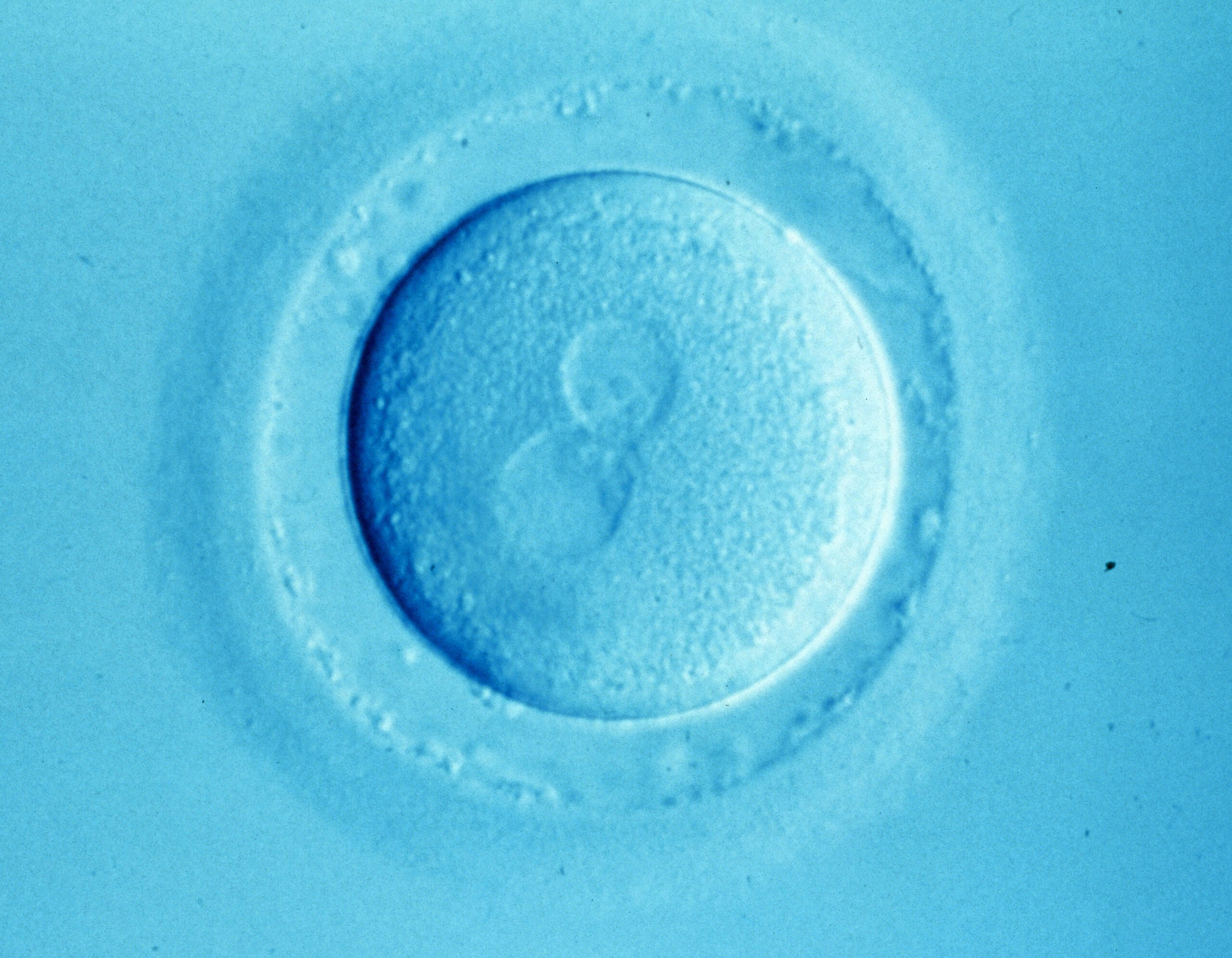
We pass on the image of God to the children we beget.
Photo: newly fertilised human egg. Alan Handyside. Source: Wellcome Collection. Public domain.
Incarnated teaching
Mike Brownnutt, Philosopher of Science and Religion, and Course Director, The Faraday Institute for Science and Religion
Therefore go and make disciples of all nations, baptising them in the name of the Father and of the Son and of the Holy Spirit, and teaching them to obey everything I have commanded you. And surely I am with you always, to the very end of the age.
Matthew 28:19–20 (NIV)
Modern technology is amazing. Google can tell you almost anything you want to know. Whatever question my kids have, ChatGPT can tell them an answer in less time than it takes me to look up from my cup of tea and ask them to repeat themselves. If technology puts all possible information in the palm of your hand, what do we – mere human beings – have to offer the next generation, or any generation?
Much in every way!
Jesus’ instruction to his disciples is not to tell people, so that they know information. Rather, it is to teach people, so that they obey his commands. Jesus commands us, for example, to love one another. The simplest AI can tell a person to obey Jesus’ command to love; it takes only a few words.
But what does it take to teach someone to obey Jesus’ command to love? It takes a life that shows that it is possible, day after day, year after year, to be kind, gracious, forgiving, patient, self-controlled and hopeful. Not simply saying that it is possible, but showing that it is possible.
It may take being awake at 3.00 am, holding a person’s hand as we identify with their suffering, weeping bitterly with them, sharing silent recognition that words will not do and that none of the nice, neat answers make any sense. Teaching to love requires showing that in real, messy life, you love. And you continue to love even when you stand to lose everything you hold dear, because that is how obedience to the command works.
God places great significance in humans. We are divinely called to a task that cannot be accomplished by anything else. We can let technology tell. But we must not think that this does away with our task to teach.
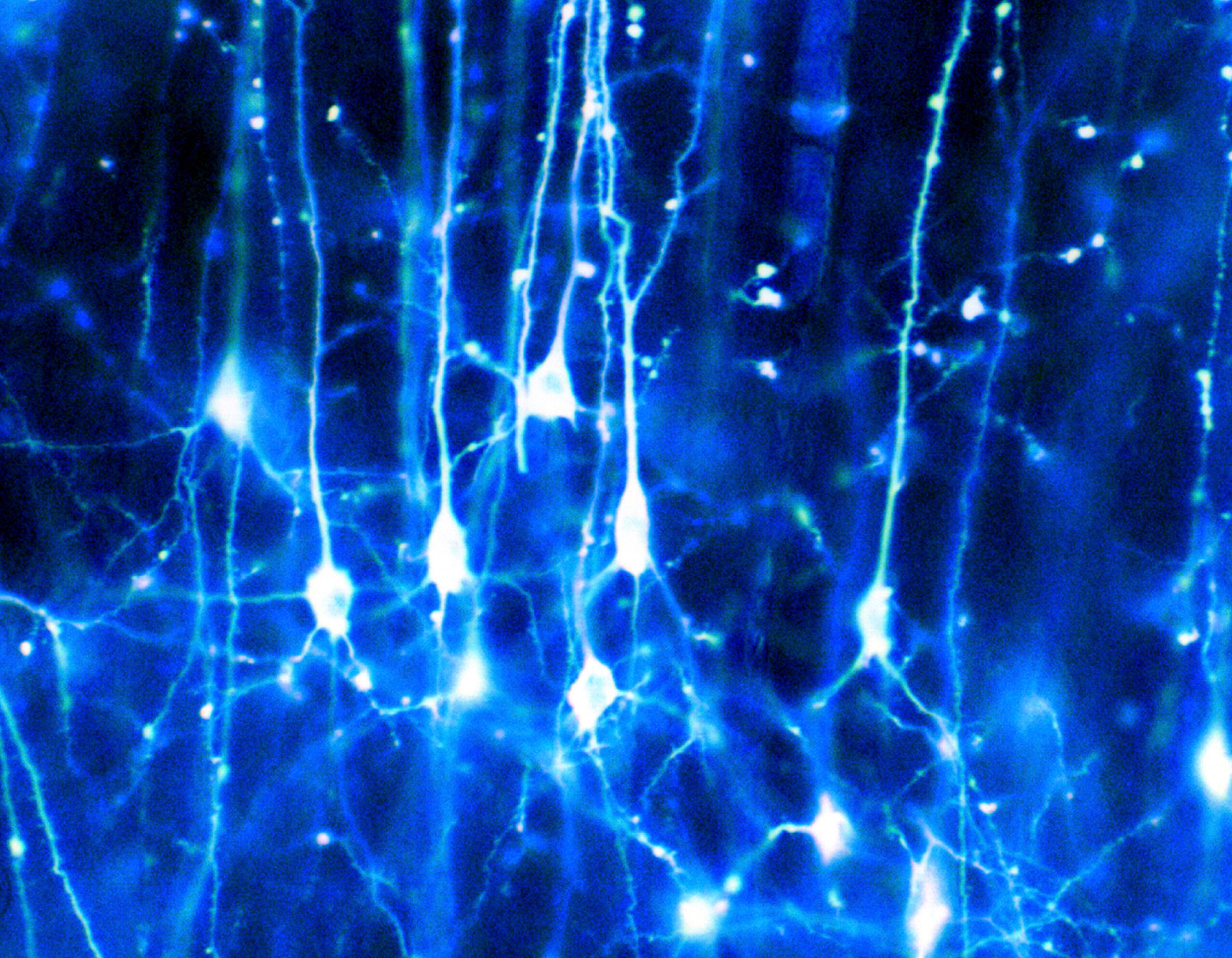
If technology puts all possible information in the palm of your hand, what do we mere human beings have to offer? Much in every way!
Photo: Neurons in the brain © Dr Jonathan Clarke. Source: Wellcome Collection licensed under CC BY 4.0 / cropped.
Increasingly human
Graham Budd, Executive Director, The Faraday Institute for Science and Religion
Now the Lord is the Spirit, and where the Spirit of the Lord is, there is freedom. And all of us, with unveiled faces, seeing the glory of the Lord as though reflected in a mirror, are being transformed into the same image from one degree of glory to another; for this comes from the Lord, the Spirit.
2 Corinthians 3:17–18 (NRSV)
AI is humanity’s most powerful tool, the first in history that seems able to make decisions and create new ideas by itself. The latest chatbots’ responses are so human-like, it is easy to feel confused about the nature of our relationship with AI. But while amazingly capable and clever, AI chatbots are really only simulating a human response, predicting the most probable next word based on having absorbed vast quantities of human writing and online content.
AI is but a pale reflection of humanity when compared against the eternal ‘glory of the Lord’ in whose image we are beautifully and wonderfully made.
Paul’s words in 2 Corinthians 3:17–18 remind us of our freedom in Christ – freedom to be allowed into the presence of God and freedom to be transformed ever more deeply into his likeness by his Spirit. Unlike an AI, we have been given by God the ability to love, to enjoy deep relationship with him and our fellow humans, to be self-aware and to be able to contemplate our place in his universe.
It is in relationship with God and our fellow humans that we find true meaning and value, not in pseudo-relationships with AI entities which reflect back our own desires and leave us open to manipulation.
It is important to be informed about AI, the great opportunities for society and the risks of harm, and to be comfortable to engage with technology as a tool to serve and help humanity. But we can also encourage one another that relationship fulfilment is found in our freedom to love and worship God, who knows and cares for us deeply, and in the gift of loving relationships with other humans made in his image.

